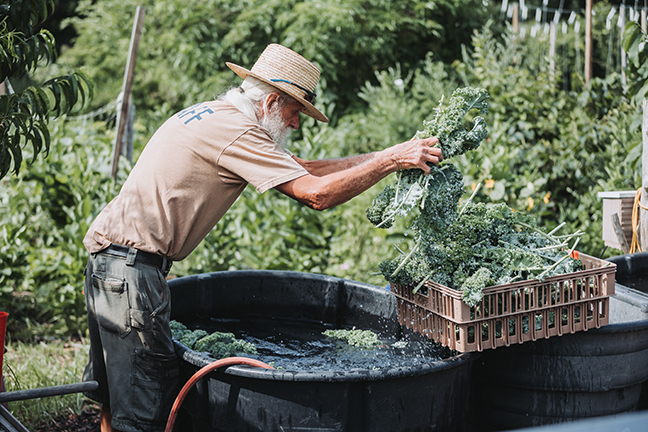Library School Gets Real: The Radical Librarianship Institute is here to make change | From the Editor
If there’s one thing librarians can agree on it’s that library education could use some shaking up. Enter the Radical Librarianship Institute, which strives to “redefine the role of librarians, centering principles of inclusion and social justice.”
If there’s one thing librarians can agree on it’s that library education could use some shaking up. Enter the Radical Librarianship Institute (RLI).
The audaciously named program has a mission to match. Recipient of a $1.25 million Mellon Foundation grant, RLI strives to “redefine the role of librarians, centering principles of inclusion and social justice” toward developing a “radical and transformational library curriculum,” according to the announcement by UCLA this summer.
This is not to sell short the amazing work happening in libraries now. “The question is, how do we systematize this work?” says Robert D. Montoya, UCLA associate professor of information studies and director of the California Rare Book School at UCLA. That will involve forming a national network to maximize relevant, high-quality programming in libraries, enabling colleagues in and outside the profession to exchange programmatic and institutional best practices, according to Montoya, lead investigator of RLI.
In August, the program assembled leaders from around the country, representing public school library systems, and academic, public, and museum libraries, to consider what is needed in the field and what librarians are doing well.
These institutions have delivered relevant, user-focused services, “particularly in response to large-scale social crises or events,” from COVID to community unrest, says Montoya, citing the 2020 murder of George Floyd as a flash point. “There are so many moments in our recent history where librarians have had to step up.” Many instances, however, have required them to perform in ways that exceed their formal training and perhaps their comfort zones, particularly indisenfranchised communities.
Food justice at the library
Ery Caswell, one of 25 participants selected for RLI’s inaugural class, is all in. An adult services programming librarian at Mystic & Noank (CT) Library, Caswell joined the cohort at UCLA in August for an intensive, in-person workshop to hone the real-world skills needed to do the work.
“Everybody there was trying to push the envelope of, how do we take this critical librarianship or this radical practice into our institutions in a way that’s actually effective, impactful, and centered in the people, the communities that we’re working with, rather than a top-down approach,” he says.
Back home, Caswell is applying the training and a $10K stipend granted to each RLI project. His is “Food Havens: A Locally Sourced Guide to Food Justice.” Community-focused and seeking to reach as many people as possible, it’s an ambitious plan, involving local nonprofits and residents in garden education and skill-sharing at food pantries, farmer’s markets, and neighborhood gardens as well as the library. At “knowledge-sharing stations,” people can record their stories and create instructional guides to empower others in addressing hunger.
 |
|
Farm Manager, Craig Floyd, harvesting fresh produce from the Craig Floyd Giving Garden at Coogan Farm, Mystic, CT. The Giving Garden donates thousands of pounds of fresh produce to New London County's main food distribution center each growing season and was a key source of inspiration for the Library's food justice programming. Photo: Anna Sawin, 7/26/22 |
Publishing is a major component of RLI, which has formed a community publishing press in cooperation with the Book Arts Lab at Cal State Northridge. Each RLI project will have a community-penned print product for distribution through participating libraries. “So many communities are unable to access avenues for publishing,” says Montoya, who sees physical publishing, in particular, as key to public discourse and social change.
Expansive in nature with a hopeful mandate for enhancing community life, RLI is a breath of fresh air in uncertain times. While advocating change, the program leans into what’s best in libraries, their core mission, and to print culture.
We wish the best to you this holiday season as we look forward to a new year.
Featured image: Photo by Rabie Madaci on Unsplash

RELATED
The job outlook in 2030: Librarians will be in demand
The job outlook in 2030: Librarians will be in demand
ALREADY A SUBSCRIBER? LOG IN
We are currently offering this content for free. Sign up now to activate your personal profile, where you can save articles for future viewing







Add Comment :-
Be the first reader to comment.
Comment Policy:
Comment should not be empty !!!